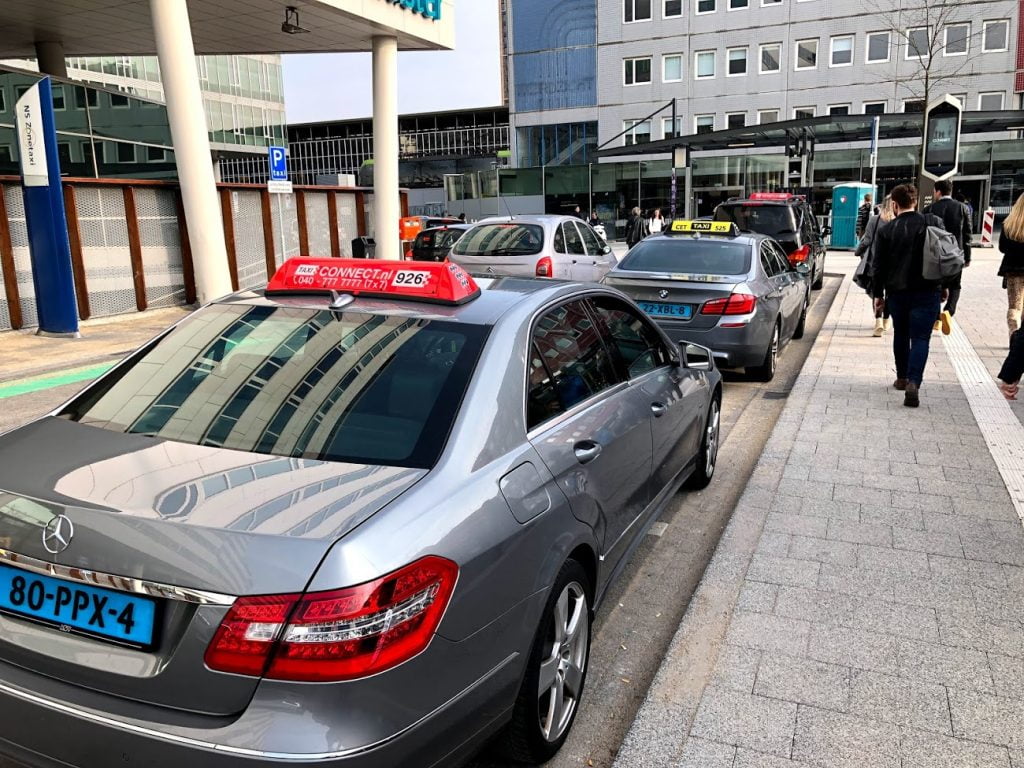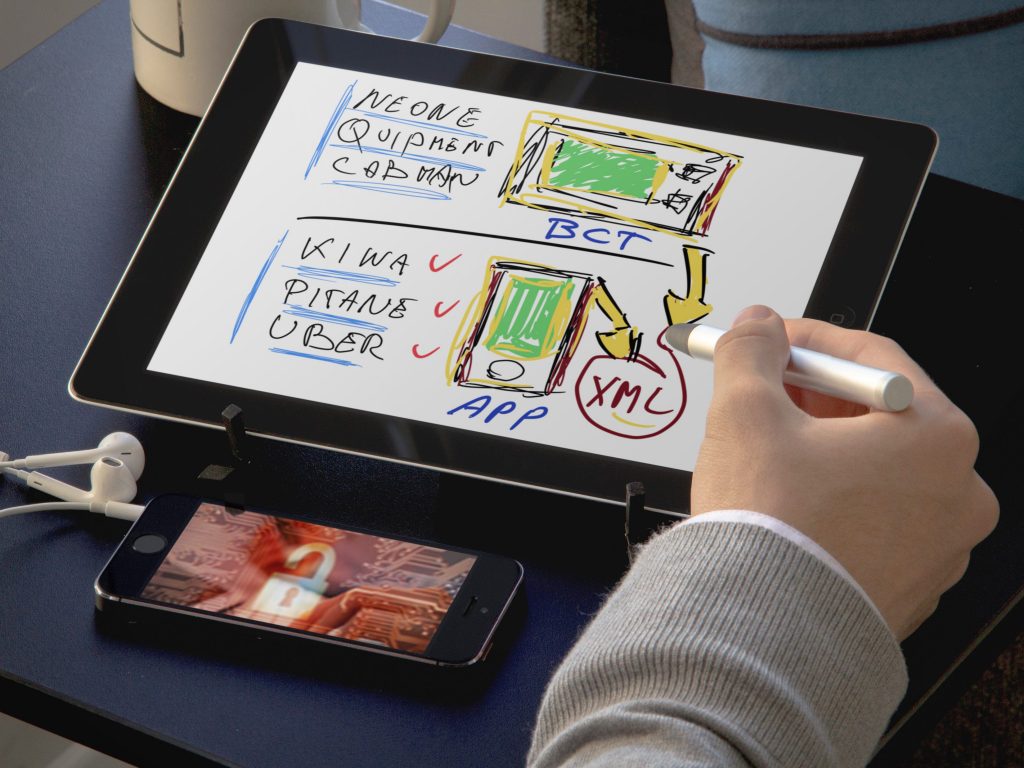Royal Dutch Transport (KNV) believes that the rates that Kiwa charges for products for healthcare, taxi and private bus transport are still far too high. The rates could and should be reduced considerably further. KNV made this known when the organization was consulted about the Kiwa rates for 2022.
One of the things that continues to surprise KNV is that the rates for BCT cards will not be further reduced, so that they are more in line with the cost price. At the current €117, the rates are disproportionately high, because the cost price is much lower. The still high cost of the travel journal, which is compulsory for private bus transport, is also a thorn in the side of KNV. Dutch entrepreneurs pay €62,- while the Eastern neighbors and Southern neighbors pay €10,50 and €5, respectively, for exactly the same product. The tachograph card issued by the Netherlands is also demonstrably far too expensive compared to other European countries. This is especially important because bus transport companies compete in a fully liberalized European market.
“We appreciate that we can provide our views on the proposed rates for 2022, but it remains a form of sham participation. We have no insight into the actual establishment of the rates, the structure of the cost prices and the efficiency achieved. Control is therefore not possible. In some cases we can still compare with other countries. That is not pleasant, because that comparison is invariably against us.”
KNV director Carlo Cahn

Incorrect inflation adjustment
KNV has previously requested reductions from the Ministry of Infrastructure and Water Management by letter (letters 11 July 2019 and 19 June 2020). KNV also stated that if a reduction is not implemented for whatever reasons, the cards should not become more expensive until at least 2028. In light of all this, the inflation correction proposed by KIWA as of 2022 is completely misplaced.
In addition, the KNV is surprised that the efficiency achieved is not passed on in the new rates. The reason given for this is that a large number of rates have been substantially reduced in July 2020. In the opinion of KNV, that reduction was only justified and should have been implemented much earlier.
Travel magazine far above cost price
The most astonishing change is the increase in the rate for the travel magazine book. The rates in Germany (€10,50) and Belgium (€5) show that the production of pre-printed and numbered forms – without further noteworthy security – and the processing of orders certainly does not justify a cost of €62. For this product, a benchmark by Sira Consulting even shows that there are inexplicable price differences with other countries.
Finally, from a legal point of view, it has been no longer necessary for several years to have a license card in every taxi vehicle. Nevertheless, Kiwa still sells these licenses. KNV is urging to stop the sale of these license certificates, because the sale gives the impression that the certificates are still mandatory. Carlo Cahn about this: “Entrepreneurs run up against costs that can be avoided. For a sector where all euros count, that is a bad thing.”
Also read: Kiwa does not handle driver pass notifications properly


